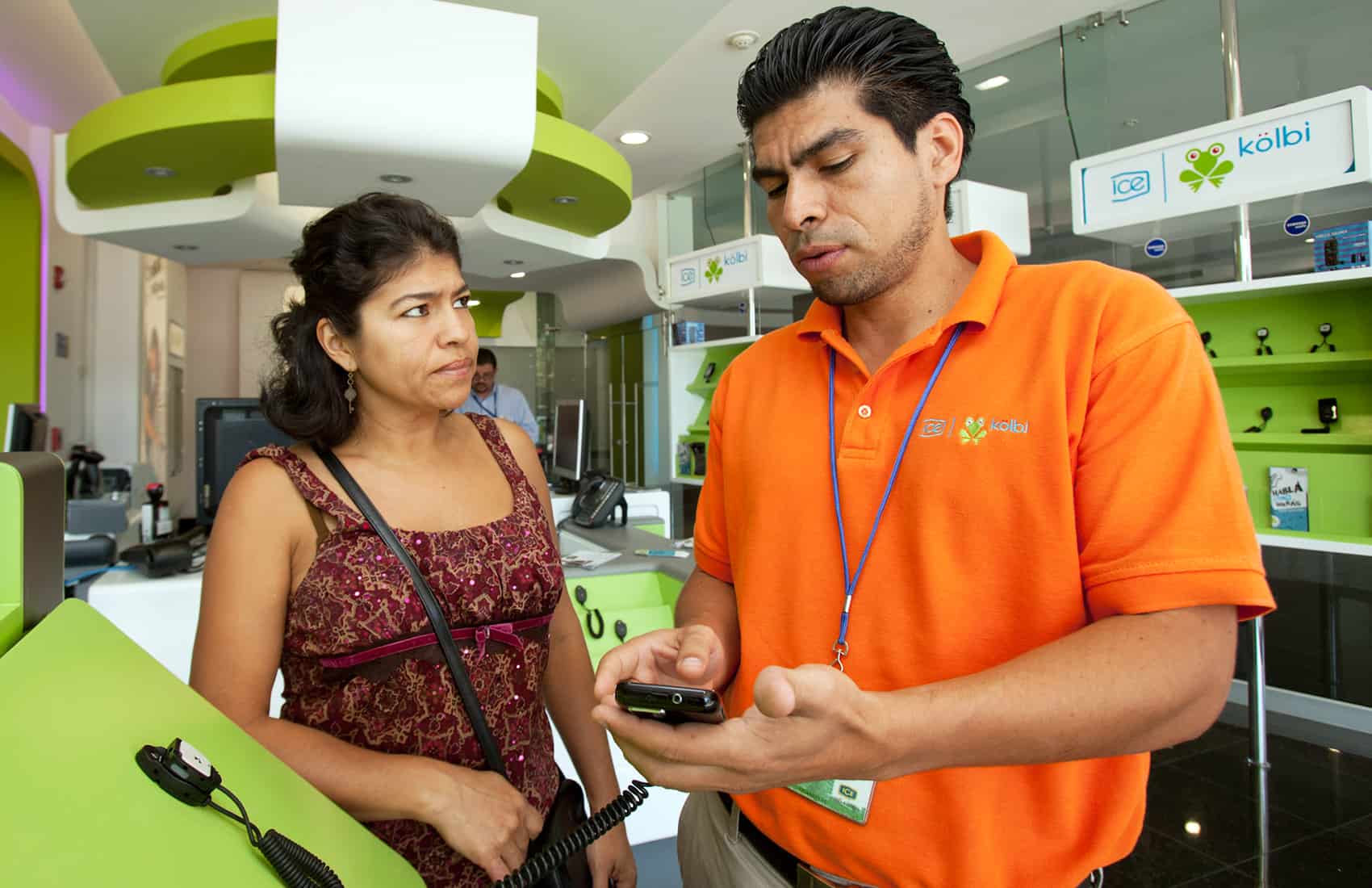The Costa Rican Electricity Institute (ICE) is challenging a ₡2.2 billion ($4 million) fine levied by the Telecommunications Superintendency (SUTEL) for unfair competition involving discounted offers for ICE phone service.
SUTEL sanctioned ICE alleging the carrier carried out anti-competitive practices in 2011 and 2012 that affected its new competitors Movistar and Claro. The investigation was prompted by a complaint filed by Spanish telecom Telefónica, which operates in Costa Rica as the brand Movistar.
The regulatory agency alleges that ICE’s unfair practices consisted of rate discounts offered under a promotion called “Chip Extremo” aimed at attracting prepaid mobile phone users. The promotion was conducted twice in two years, first from November to December 2011, and then from October to November 2012.
ICE’s appeal calls the SUTEL action illegal, inconsistent and flawed due to a “lack of proof and evidence to justify the sanction.” It also argues that ICE’s promotions did not cause any of its competitors to exit the market or block entry to new competitors.
On Wednesday, ICE Telecommunications Manager Jaime Palermo said “SUTEL itself has recognized that the mobile telecommunications’ market is vulnerable to competitive practices from all carriers, as all of them sell below operating costs.” He added that, “even Telefónica has reached the same conclusion.”
The appeal also states that Telefónica filed the complaint with SUTEL only 15 days after launching operations in Costa Rica as a measure to prevent ICE from conducting its promotions.
“During the investigated period this carrier managed to increase its market share and even conducted more aggressive promotions than those from ICE, and yet only ICE was sanctioned,” Palermo said in a public statement.
SUTEL’s council will analyze ICE’s appeal, and in the case that the resolution does not favor the state-owned company, ICE has the right to proceed with a challenge in court.
The regulatory agency last month announced that in coming weeks it will conduct a study to determine which markets have the apropriate conditions to be open for competition. Such a resolution would mean that each carrier would be free to set rates.
ICE, under its brand name kölbi, leads Costa Rica’s mobile market with a 72 percent share, followed by Mexican carrier Claro with 13.6 percent, Movistar with 13.4 percent, and locals Tuyo Móvil and Full Móvil with less than 1 percent each.






